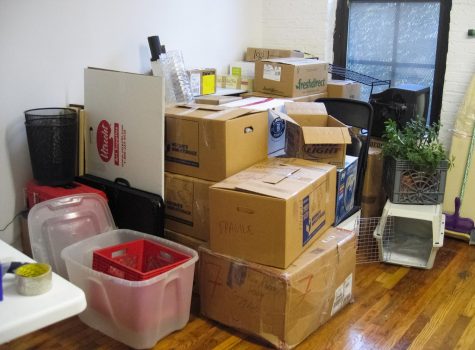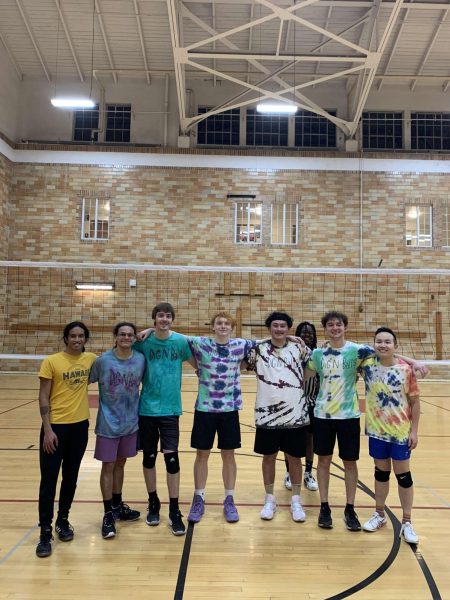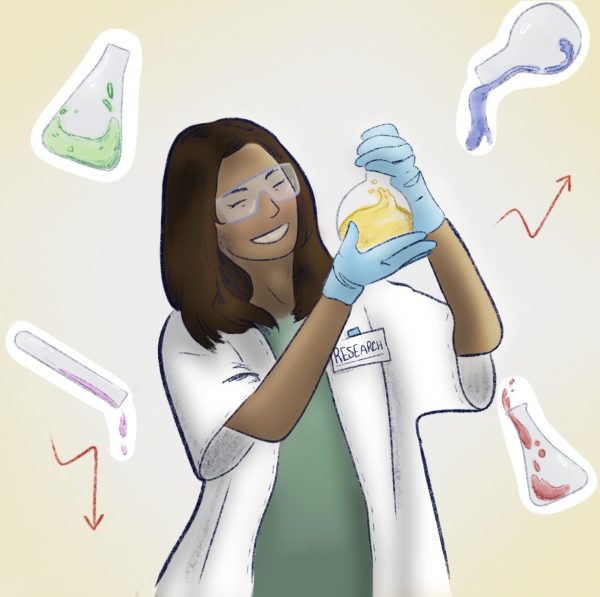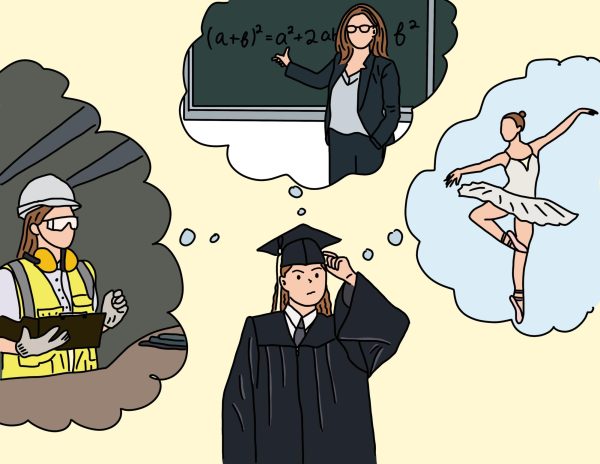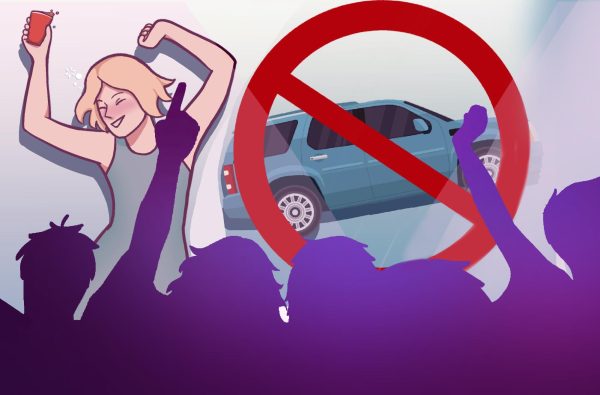This just in: professors are people too
February 3, 2016
College students (myself included) have a nasty habit of not making the most of the classes we take. We have a habit of not going to class and falling asleep in our seats when we do. Or we’re texting and browsing the Internet while the big shots up front do the talking.
When you skip out on or check out of class you miss out on a relationship often missing in a millennial’s life: that of the mentor-mentee.
This can be difficult to achieve due to significant disconnects between students and professors. But there really shouldn’t be.
Between the shared interest in a field of study and the shared experience of living in Pullman, we might have more in common with our professors than we think.
Maintaining a positive relationship with professors, advisers and mentors can make or break your college experience. Everyone has questions and needs guidance at some point, and who better to ask than those who have been in our academic shoes?
Professors are very much like normal people in that they are all different. For example, one of my professors told us on the first day that the best way to contact her is via text, but there are others who ask for WSU email account communication only. There’s nothing wrong with this, as the saying goes, it takes all kinds, but the treatment of these two professors will differ vastly.
There are a few cardinal rules. The most important thing to remember is that your professor is a figure of authority in the classroom, and they should be treated with respect. When in class, you should be paying close enough attention to be able to answer a question if you’re called on. And you should try to refrain from constantly being on your phone, but I know how hard that can be. And for goodness sake, don’t sass your professor.
I also encourage everyone to establish friendly relationships with each of your professors, as it provides many opportunities for future work, internships or research.
We’re going to school for a degree, and to ultimately get a job. A job hopefully in line with said degree. Fingers crossed. The wonderful thing about having professors with experience in the workforce means they are a reservoir of knowledge about the field. Use them as a resource. Talk shop and learn from their academic and professional trajectories.
There are a few basic moves to get on your professor’s good side to begin a working relationship that could result in future opportunities.
First, introduce yourself to your professor as soon as possible. This is a great way to make your work stand out. If you’re in a 400-person lecture class in Todd Auditorium, your essay will just be one more painstaking hour of grading for your TA.
But when you introduce yourself, tell them your major and your year. Professors and TAs will recognize you the next class, even if they don’t remember your name. The rosters are long. Do not be disheartened if it takes them a while to distinguish the Ashleys from the Alisons. You can then remind them of your name and approach them with questions on classwork or, if you’re brave, job inquiries and professional advice.
Second, have questions prepared for class. I have always been one of those people who loathes speaking up in class. However, having even just one question or comment prepared before class, even if it’s from the first paragraph of your assigned reading or an upcoming assignment, will show that you care – that you’re paying attention and trying to stay on top of the coursework.
This will go a long way. Professors don’t want to lecture to a wall of blank faces. It’s a waste of their time and of yours; show them you are paying attention and that you’re here to learn something.
Third, go to office hours. Professors are required to them, so why not make their time worth their while? This might be a good time to bring in questions about larger assignments to show that you care about doing well in the class. And a good opportunity to get better acquainted with your professors.
Finally, respect their requests. If they say to call them doctor, call them doctor. If they say no laptops allowed in class, take notes by hand. If they say no cell phones, then suffer through an hour of not scrolling through Instagram or Reddit. You can do it, I believe in you.
Establishing these respectful relationships with your professors can result in more personalized feedback on assignments and more insight into classroom topics. Professors are there to help you learn. Use that to your advantage.
I’m not saying you have to become best friends with your math 105 professor, but by creating a working relationship with these figures of authority, you may discover opportunities and a valuable mentor relationship you didn’t know possible.
And the first step to finding a meaningful mentor-mentee relationship is to say “hello, my name is …”









